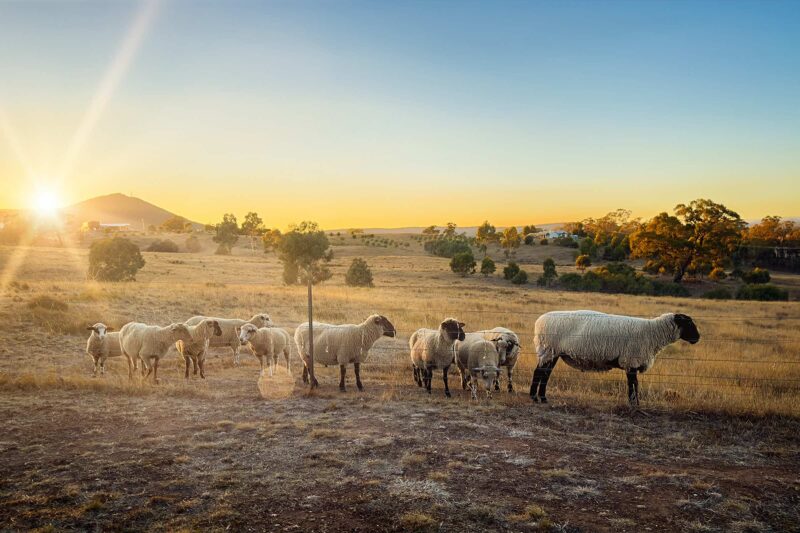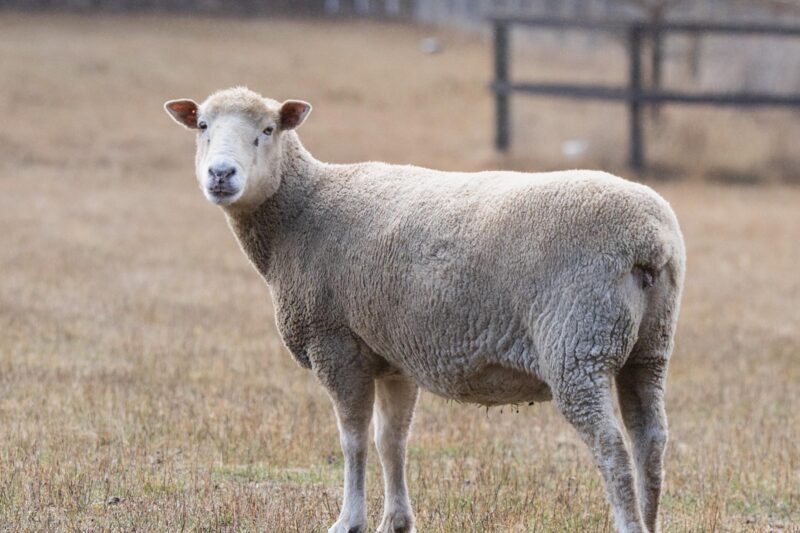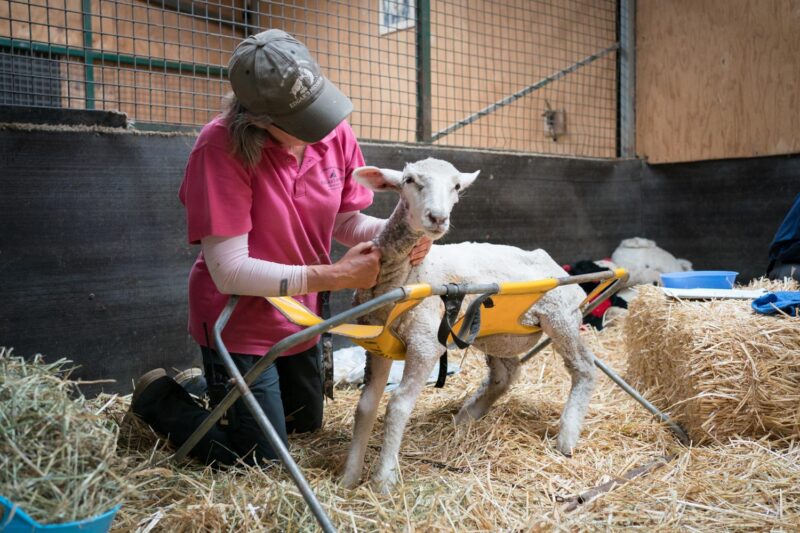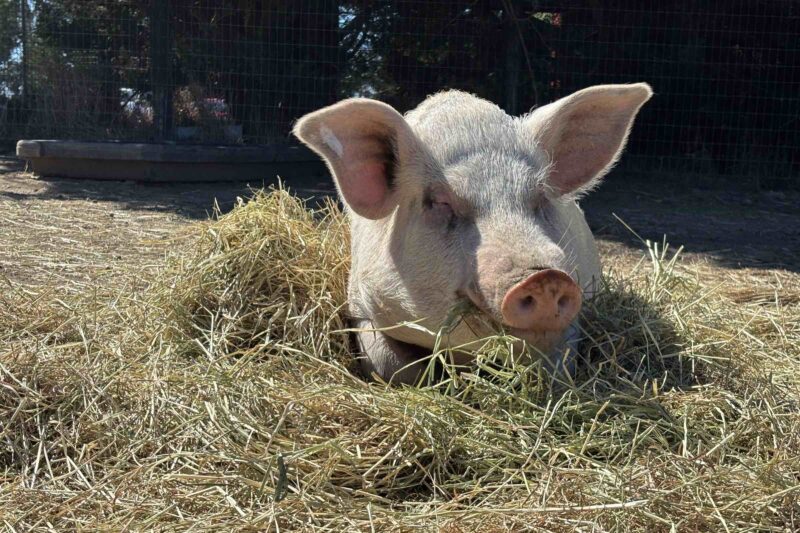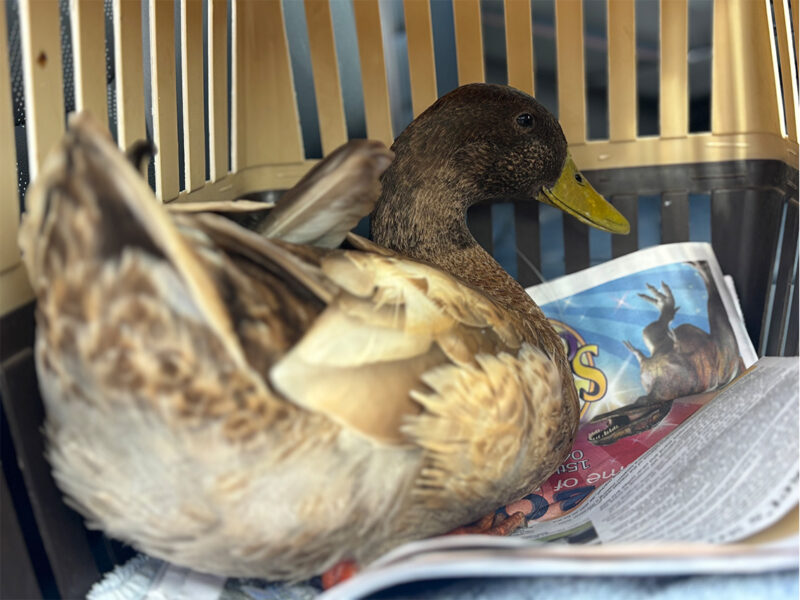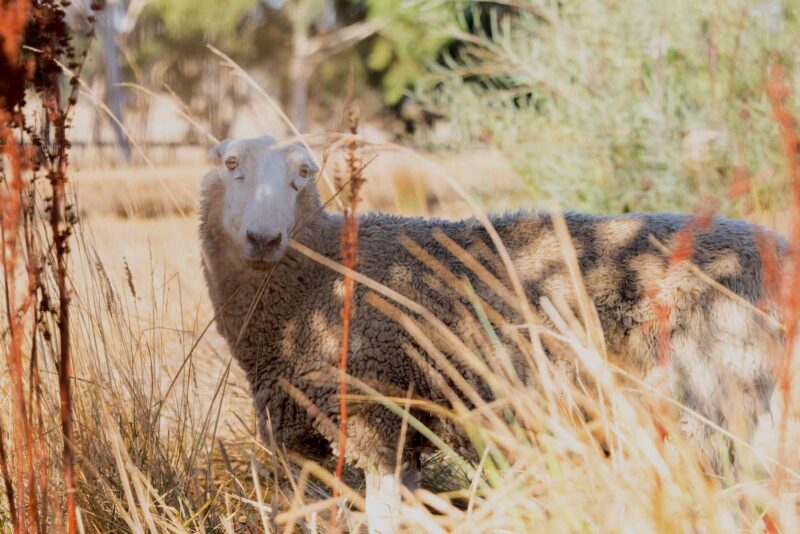
Our recent rescue of 752 battery hens is now one month on and when watching these girls at dusk, I cannot help but be taken back to my nautical days of navigating the ‘treacherous’ waters of the children’s beach at Long Jetty in NSW.
For a penny, one could hire a pedal boat, a Fred Flintstone type craft, where its courageous and fearless seamen would madly propel the vessel with foot pedals, holding tight to the seat with both hands and pedalling like there was no tomorrow. The force of this action rocked you from side to side – and in true Fred Flintstone fashion, despite our fervent efforts, we seemed to go up and down in the one spot. But it didn’t matter! It was grand and it was way too much fun for any nine year old to give up easily. So we wouldn’t!
When one’s allotted ten minutes had morphed into zero, the craft’s number would be called, beckoning the vessel back to shore. But this would prove fruitless and arms would be waved as the effort to reign in the intrepid navigators escalated. Never wanting the happiness to end, one would do what any red blooded creature would when attempting to preserve their new found freedom at all costs – feigning deafness, you obliviously looked the other way at an object that had suddenly become the most interesting thing in the world.
The same burning desire to hold onto bliss is just what I see in many of the rescued hens each day as dusk rolls around and it is time to safely lock the girls away in their fox proof barn. Having ventured far afield, many have set up camp in their new found jungle of a world and it takes the Inspector Clouseau in me to find them.
Favourite haunts include a virtual wilderness of old sticks, branches and leaves that doubles as our compost pit, others mischievously traverse the fence line to find sanctuary amidst a pile of discarded feed bags and a cursory look behind a neatly stacked pile of corrugated tin never fails to find a daring hen or three.
Such an ancient wisdom harks back to their ancestry feathers firmly planted in the Red Jungle Fowl. And proud he would indeed be! This just goes to show that while you can take the chicken out of the jungle, you can never take the jungle out of the chicken!
There can be no doubt that both this rescue and our earlier battery hen rescue, which stands as Australia’s largest rescue of farmed animals, has given us a most unique insight into the factory farming of laying hens.
While many people have purchased ex battery hens in a worthy and noble bid to give them a second chance at life, they have only ever been given a glimpse of the healthiest of the flock. Yet these rescues have come with the window wide open for us to see first-hand the totality of the shed and thereby to individually scrutinize the health of each chicken. And in doing so, a very sad and black chapter in man’s dominion over animals is revealed.
The health issues plaguing many of the hens is most damning, with very few escaping unscathed in some way. Cage Layer Fatigue manifests itself in many ways within the hens; the direct and debilitating result of producing around 300 eggs per year combined with lack of exercise and mineral deficiencies. Brittle bones, inability to stand, weakness and loss of condition so severe the hens lack the energy to eat – are all a heartbreaking and pitiful reminder of just what we have done to these innocent creatures.
These hens, at just 18 months of age, are considered ‘spent’ by an industry that cares more about profits than animal welfare. While their wild cousins enjoy a life expectancy of around 8-10 years, very few are the number of ex battery chickens who see their fifth birthday.
Respiratory problems are prevalent, which comes as no surprise as these creatures have been housed indoors, along with a build up of their excrement. Seared eyes and sore throats as a result are commonplace. Severe infections remain untreated, to the extent that some chickens live with painful and debilitating eye conditions. In many cases sight is compromised or lost completely. In some cases, the innocent hen pays with her life. Sadly too, cage injuries have resulted in the loss of vision in an eye of several hens.
However, the over-arching problem that plagues these hens are the reproductive issues they suffer -again due to the exorbitant number of eggs produced- far, far beyond what nature intended. One poor hen who arrived with our rescuees had such a huge solidified lump in her uterus, the ultimate conclusion of egg peritonitis; it could easily have been mistaken for a large rock. This mass made up the majority of her body weight and was larger than all of her internal organs combined. Our only course of humane action was euthanasia.
If we were to take the fact we are dealing with sentient beings out of the equation, it is easy, justifiable, logical and even prudent to see how factory farming came into being.
The enormous labour demands in just feeding, watering and health checking all the girls is daunting, the land space required to satisfy their natural behaviours is vast and the cost of providing them with quality, interesting and varied food is immense. So let’s cut down space, labour inputs and costs, reduce feed wastage, increase profits and voila – you have a factory farm.
But, and it is a pretty hefty but, these are not vegetables that are sown to remain dormant and stationary until cultivated for dinner. Chickens, for those fortunate enough to know them, have distinct and complex perceptual, cognitive, social and emotional worlds; all of which are severely compromised by factory farming. This is an inescapable fact no one should look away from.
I cannot help but wonder when or how exactly we as a society lost our moral compass and sailed off into such treacherous waters; where animals are seen simply as the sum of their parts or are valued only for their ‘productivity’. But if there is one thing I do know, it is that the human heart is inherently good and I hold great faith that we can and we will one day navigate back to a safer shore, one where kindness comes first.
And so, as dusk descends once more on Edgar’s Mission, my new found feathered friends continue to explore their outside world, feigning ignorance as to what the setting of the sun means for them. But there will be no waving of the arms or cursed words of discontent here – only a brief glance at my watch and another ten minutes of bliss granted as the ever so grateful girls navigate the good life. If only the pedal boat owners could have been so kind.
